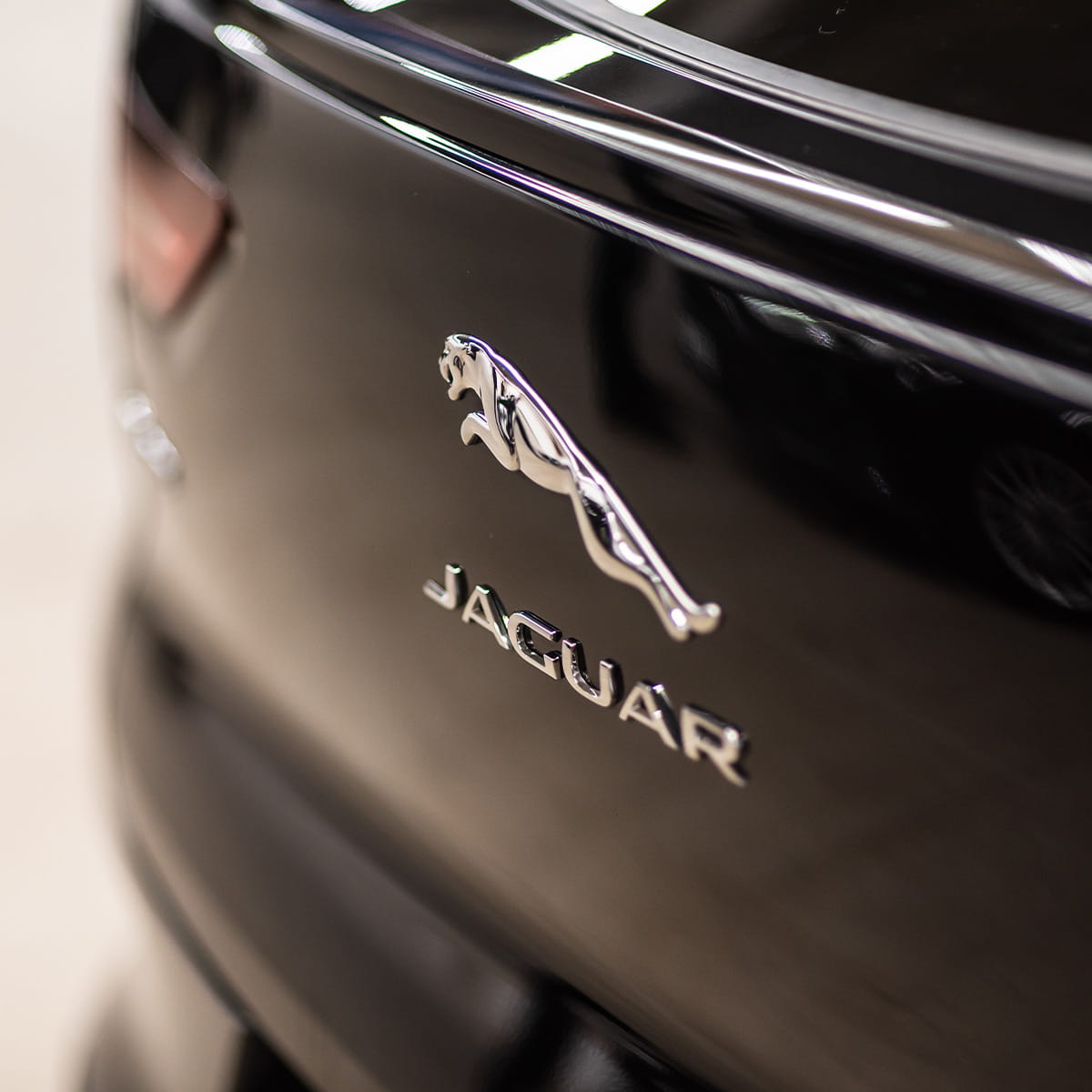Jaguar's Bold Move: Halting new car sales in 2025 to pave the way for all-electric future, testing resilience across the industry
The decision by Jaguar to halt new car sales in 2025 as part of its transition to an all-electric lineup will test the business resilience of the company, its dealers, and related stakeholders.

Business resilience refers to an organisation's ability to adapt to disruptions, maintain operations, and thrive despite challenges. Here's how this decision impacts business resilience:
Strategic Adaptation
Jaguar is leveraging this opportunity to reposition itself as a luxury electric vehicle (EV) brand. The success of this strategy will depend on the company's ability to innovate and differentiate itself in the competitive EV market. This requires robust research and development, effective marketing, and strategic partnerships.
The decision aligns with global trends toward electrification and sustainability. By committing to an all-electric future, Jaguar is positioning itself for long-term success in a market that increasingly favours eco-friendly vehicles. However, this requires the company to be agile and responsive to market changes.
Dealership Resilience
Dealers will need to pivot from selling traditional internal combustion engine (ICE) vehicles to focusing exclusively on EVs. This includes retraining staff, investing in EV infrastructure (like charging stations), and updating service capabilities. Dealers that quickly adapt will be better positioned to weather the transition.
The gap between the cessation of ICE vehicle sales and the availability of new EV models could create revenue shortfalls. Resilient dealerships will manage this by diversifying income streams, such as focusing on used car sales, servicing older vehicles, and expanding into other areas like vehicle leasing or finance.
Supply Chain Adaptation
Jaguar’s shift to EVs will require changes in its supply chain, particularly sourcing critical components like batteries and electric drivetrains. Ensuring a resilient supply chain that can handle these changes, while avoiding bottlenecks and maintaining quality, is crucial.
The transition may expose Jaguar to risks related to new technologies, such as battery production issues or material shortages. Effective risk management strategies, including diversifying suppliers and investing in sustainable materials, will be key to maintaining business continuity.
Financial Resilience
Transitioning to an all-electric lineup requires significant capital investment in new technologies, infrastructure, and marketing. Jaguar’s financial resilience will depend on its ability to secure funding, manage costs, and achieve profitability in the long term.
Jaguar and its dealers may experience a dip in revenue during the transition. Building financial resilience means developing alternative revenue streams, such as through aftersales services, subscription models, or offering premium EV services.
Customer Retention and Acquisition
The shift away from ICE vehicles may alienate some traditional customers. Jaguar’s resilience will depend on its ability to retain these customers by offering compelling new EV models and maintaining strong customer relationships.
Jaguar must also appeal to a new customer base interested in luxury EVs. This will require targeted marketing, showcasing the brand’s innovation, sustainability, and the unique benefits of its new electric vehicles.
Workforce Resilience
The shift to EVs will require reskilling employees across the company, from manufacturing to sales and service. Jaguar’s ability to provide effective training and support will determine how smoothly the workforce adapts to the new focus on electric vehicles.
Embracing a new, more sustainable brand identity will require a cultural shift within Jaguar. Ensuring that employees are aligned with this new vision and motivated to support it will be key to maintaining morale and productivity during the transition.
Market and Industry Impact
Jaguar’s move may pressure other luxury automakers to accelerate their own electrification plans, altering the competitive landscape. Jaguar’s resilience will hinge on how well it can carve out a distinct position in this rapidly evolving market.
By going fully electric, Jaguar is proactively aligning with future regulatory trends that are likely to impose stricter emissions standards. This positions the company to avoid potential regulatory disruptions in the future.
Sustainability and Innovation
Jaguar’s commitment to becoming an all-electric brand is a proactive step toward sustainability. This not only enhances the company’s brand image but also positions it to benefit from incentives and support for green technology.
Being among the first traditional luxury automakers to fully commit to electric vehicles can establish Jaguar as an industry leader in innovation. This can drive long-term resilience by aligning the brand with future trends and consumer expectations.
The decision to halt new ICE vehicle sales in 2025 represents both a challenge and an opportunity for Jaguar and its stakeholders. Building resilience across various aspects of the business—strategic adaptation, financial management, operational flexibility, and customer engagement—will be crucial for Jaguar to navigate this transition successfully and emerge as a leader in the luxury EV market.
